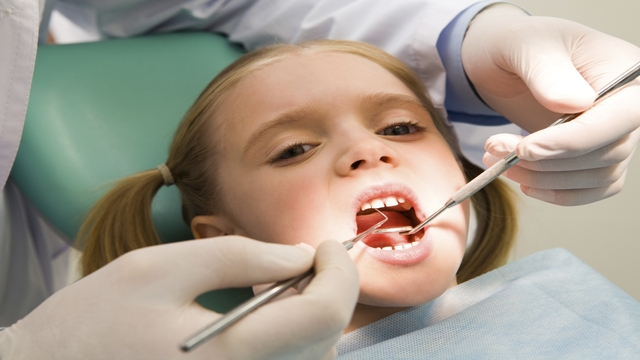Muscle tightening around the jaw can be painful. Most often it is caused by grinding and clenching your teeth at night or when you're stressed out. The acronym TMD comes from Temporomandibular disorder and is a general reference to problems with the jaws and their functioning. Commonly known as TMJ, related to joint function, it refers to a complex system caused by many factors. The temporomandibular system is made up of three parts: the joint or TMJ, the teeth, and the neuromuscular system. A problem in any of the three areas can affect the health and function of the others.
The neuromuscular system of the jaw refers to the nerves and muscles which work the temporomandibular system. Muscular jaw function involves only the mandible, or lower jaw. It is the only one that moves. The upper jaw, or maxilla, does not move; it is firmly attached to the skull.
The nerves and muscles are involved in moving the lower jaw only. It is the nerves in the lower jaw that tell the brain to move the muscles of the jaw. It is also these lower jaw nerves that transmit pain signals to the brain causing you to feel discomfort. The muscles are fairly large and are found from the side of the head down and down the neck.
TMD symptoms can be the obvious jaw pain or tightness in the muscles near the mouth, but can manifest itself as a headache in the temples. This headache pain results because there is inflammation in the jaw closing the temporalis muscle located on both sides of the head. This muscle is easily found by placing your fingertips on your temples, clench your teeth hard and you’ll feel the contractions. This pain is often misdiagnosed as a tension headache or a sinus headache when in actuality, it is a result of a temporomandibular disorder (TMD).
Pain comes from the muscles or the joint and often it is a combination of the two. According to Steven Pohlhaus, DDS, the muscles can ache due to many causes. “Pain in the joint is usually due to inflammation within the structure itself. Sometimes the symptoms are found in other facial structures; such as dull ear pain, toothache, neck pain, etc.”
Muscle pain can be caused by many factors. Trauma to the face which damaged the alignment thereby stressing the surrounding muscles of the jaw can cause pain. The most common cause of TMD, however, is grinding and clenching of the teeth. Bruxism can stress the jaw muscles. Many people grind their teeth while sleeping. This ‘bruxing’ is done by the jaw muscles and in the morning these muscles can be pained and fatigued. Likewise, emotional stress can increase the intensity of jaw tightening and clenching as well as other disorders.
Treatment for TMD, like many disorders, is most effective when it is focused on the cause. Physicians and dentist agree that TMD is not cured, it is managed. The basic goal in treatment is to allow muscles and joints to rest and heal. Pohlhaus notes that the basic philosophy of treatment is to do the conservative and reversible treatments first. This might include rest (no gum chewing or nail biting), medication, emotional counseling or an occlusal splint to wear at night. Other treatments, surgery or orthodontics, are only considered if conservative steps have failed to bring lasting relief.




Add a Comment1 Comments
This is a great summary - more people need to know about this. I lived with bad TMJ until I was in my late twenties. None of my previous dentists even talked about it, but finally a new one (a woman!) noticed my extremely worn-down molars and said, You must grind your teeth at night and you probably have TMJ. Bingo! She put me in a night splint and within a week I had major relief. Recently, at age 52, I had braces for the second time to close up a gap. Not only did that work beautifully, but now I rarely have any TMJ twinges and I no longer wear the splint at all. The braces must have subtly realigned my upper and lower jaws in a very good way.
March 25, 2010 - 3:10pmThis Comment